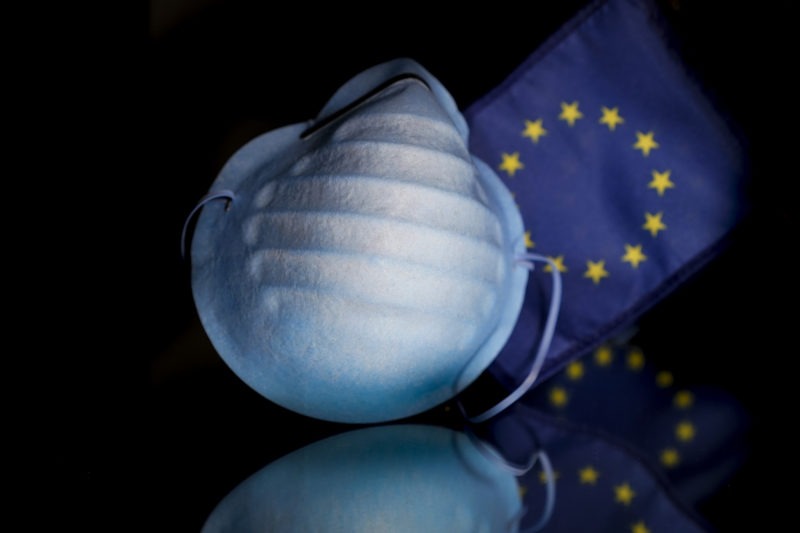EU’s Gentiloni urges Germany to comprimise in ‘coronabond’ feud
If divisions increase, it’ll be ‘difficult to keep the European project together’ (Kenzo TRIBOUILLARD)
Rome (AFP) – The European Union’s economics commissioner said Monday that member states would never all agree to blanket mutualised debt, but that a compromise with Germany was crucial to give Europe a credible rescue plan from the coronavirus crisis.
One way to finance the massive effort needed to shore up Europe’s economy during the crisis “is to issue bonds, but not generically to mutualise the debt, which will never be accepted,” EU Economics Commissioner Paolo Gentiloni told Italy’s Radio Capital.
Ongoing disagreements among member states on what policy to take risked splitting and dooming the European project, added Gentiloni, a former prime minister of Italy.
Gentiloni’s comments came after Italy and other southern countries lobbied unsuccessfully last week for so-called “coronabonds”, money raised jointly by the 19 countries that use the euro single currency.
On Thursday, Germany and other northern EU states rejected the proposal backed by nine countries, including Italy, Spain and France, for such mutualised debt issued in the name of the eurozone as a whole — a long established red line in Berlin.
Gentiloni said he had expected that reaction by Germany, calling it a “long-standing vision that we know by heart”.
Germany has repeatedly dismissed the idea of mutualised European debt as an attempt by over-spending southerners in need of economic reforms to take advantage of the cheap borrowing rates enjoyed by states with balanced budgets.
But Italian Prime Minister Giuseppe Conte on Monday insisted that Italy was not looking to have its mountain of debt shared across the eurozone.
“No one is asking Europe to assume sovereign debt,” Conte told Spain’s El Pais newspaper.
Conte said something like a coronabond would be specific to the current crisis: “A common European debt instrument that allows us to win this war as fast as possible to revive the economy.”
– ‘Dying out’ –
Gentiloni warned that without a unified response to the coronavirus crisis, “the European project is in danger of dying out.”
And without Germany, he added, “we cannot find a compromise”.
A spokesman for Gentiloni’s boss, commission chief Ursula von der Leyen, however cautioned that certain objections to shared borrowing might be insurmountable.
“Some member states have pointed to specific constraints that they face when discussing the issue of eurobonds, coronabonds etc.,” said spokesman Eric Mamer.
“These constraints are there. And we cannot simply wish them away,” he added.
One possible compromise acceptable to Berlin would be the use of the European Stability Mechanism, but Gentiloni said he was “not very optimistic” given Italy’s objections.
The ESM is the eurozone’s 400-billion-euro bailout war chest, but strict fiscal conditions are usually attached to its emergency loans.
Rome says that mechanism, set up in 2012 during the European sovereign debt crisis, would in the current coronavirus crisis unfairly punish already highly indebted countries such as Italy, imposing new and unattainable conditions for fixing its public finances.
Comparisons with past crises were unhelpful in confronting the challenge posed by the coronavirus pandemic, Gentiloni suggested, a view also voiced by Italy’s minister for European affairs.
“It’s a new crisis, it’s not comparable to the crisis of 2008, there is no guidebook, there are no clues that leaders recognise from the past,” European Affairs Minister Vincenzo Amendola told journalists on Monday.
“When we think about the sacrifices of the people, it’s a huge, extraordinary novelty with dramatic consequences, and leaders must respond to the challenge.”
Disclaimer: Validity of the above story is for 7 Days from original date of publishing. Source: AFP.


